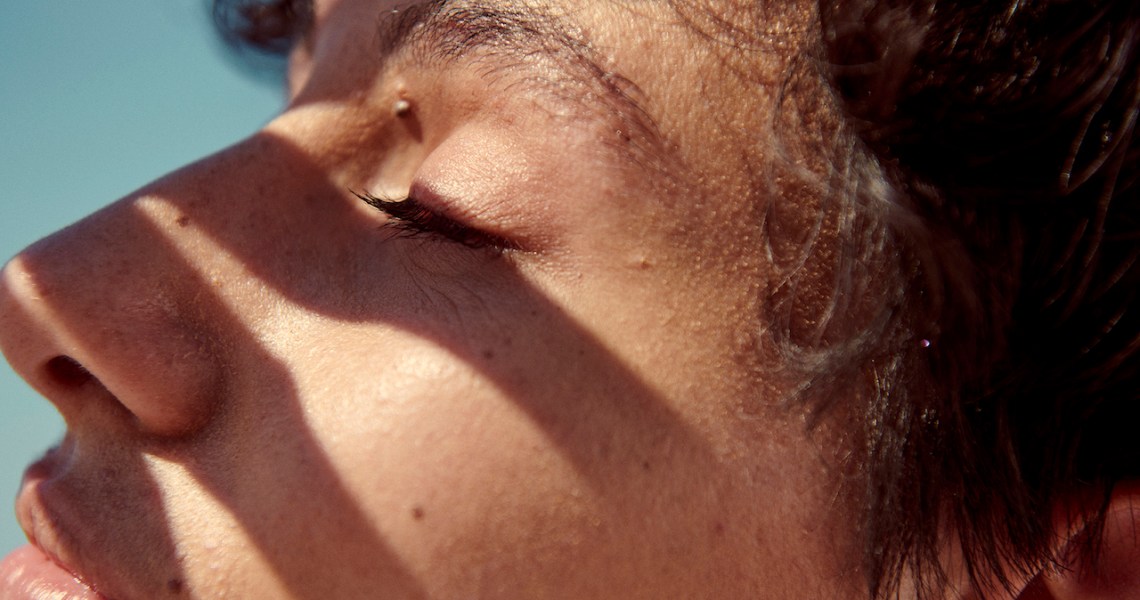Mass skin-care labels have increasingly gained buzz, and currently, Neutrogena tops the rankings. The brand is followed by La Roche-Posay and L’Occitane, according to new Glossy-exclusive Launchmetrics data.
The brands were analyzed using a proprietary metric called media impact value (MIV) that encompasses influencer posts, print media, official third-party partners and brand-owned channels. Overall, skin-care conversations grew by 23% in 2020, while makeup declined by 10%.

The list includes a mix of brands at luxury price points like Biotherm, as well as buzzy accessible brands such as CeraVe and The Ordinary. Drugstore brands, in particular, are seeing a boost from skinfluencers and consumers shopping at essential retailers.
“The driving conversion factor [for skin care] is more about the validation of the product versus the price point,” said Launchmetrics CMO Alison Bringé, during a webinar with Glossy on Tuesday. (See the full video here.) “[Consumers are] starting to realize that it doesn’t have to have a heavy price tag for it to work.”
Mass skin-care brands’ easy availability at drugstores and health-focused messaging have especially appealed to consumers during the pandemic.
“With the pandemic, people are looking a lot less for that aspirational, inspirational feel from brands,” said Bringé.
Mass brands have tapped into skin-care influencers on social media, including dermatologists, estheticians and product reviewers with a focus on relatability. For example, in March, La Roche-Posay sponsored a campaign in Europe calling on people to embrace their skin imperfections.
“Brands are really leaning into these difficult conversations that their consumers want to hear,” said Bringé. “That’s also why influencers are talking about challenges and using dermatological brands.”




